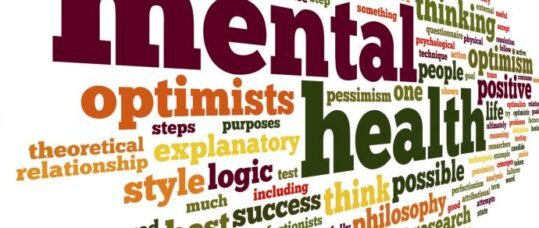Antidepressants and CBT equally effective, research finds

Treating severe depression is equally successfully whether using second generation antidepressants or cognitive behavioral therapy (CBT), new research suggests.
Related Article: New preceptorship package for social care nurses
The researchers from Danube University looked at 11 trials, which involved a total of 1,511 patients.
They found no statistically significant difference in effectiveness, in terms of response, remission, or change in depression score.
Related Article: Applications to study nursing in England at ‘new low’
Severe depression is defined by NHS Choices as when the patient finds it almost impossible to get through daily life, and in some cases the person may also have psychotic symptoms.
The researchers are now calling on policy makers to “acknowledge the World Health Organization’s projection that major depressive disorder will be the leading cause of disease burden worldwide by 2030 by taking more meaningful steps towards primary prevention.”
Related Article: Paul Rees appointed as permanent NMC chief executive and registrar
These steps should include improving the mental health curriculums in schools, they said, and students could also be taught basic CBT or other interventions such as mindfulness, “with the aim of preventing symptoms rather than relying on treatment once symptoms start,” they concluded.

See how our symptom tool can help you make better sense of patient presentations
Click here to search a symptom


Treating severe depression is equally successfully whether using second generation antidepressants or cognitive behavioral therapy (CBT), new research suggests



